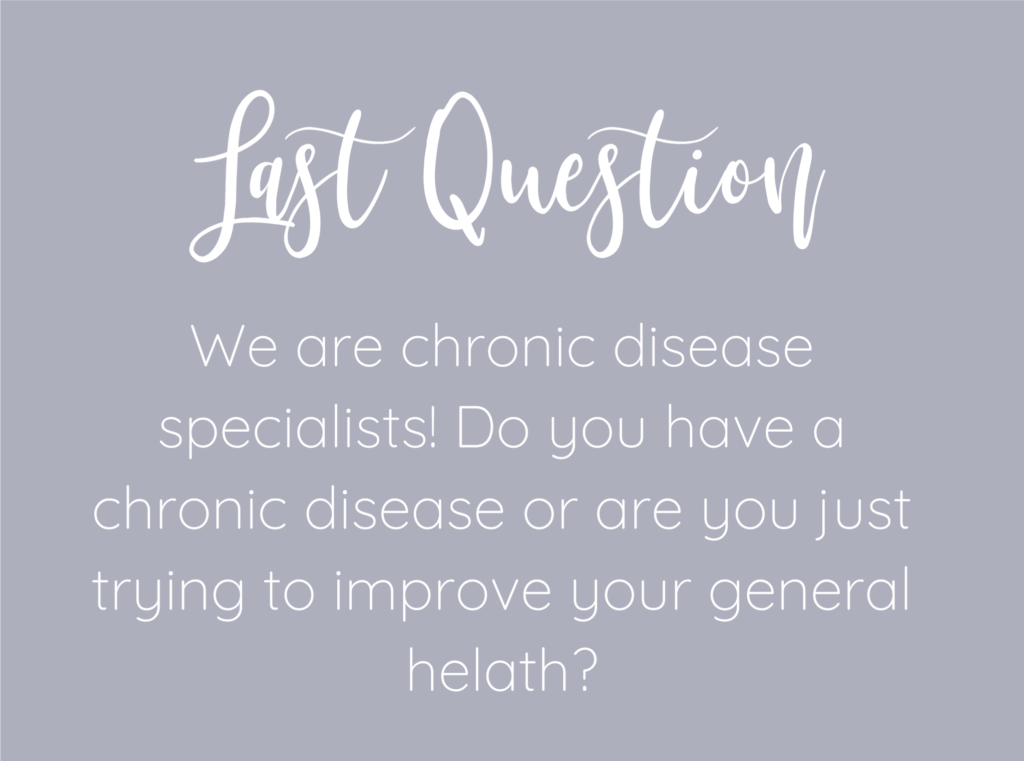Recently I saw an interesting Twitter exchange between a doctor and a medical student around a “recommendation” to a cancer patient to drink Coke.
The question of course begs, why on earth would a doctor (student or otherwise) recommend that someone with cancer, drink Coke?
Well it’s all to do with cachexia.
Cachexia is as a wasting disorder that causes extreme weight loss – both fat mass and lean body mass. Cachexia is usually associated with serious chronic conditions such as cancer, chronic kidney disease, COPD and AIDS. Cachexia can be caused by both the disease and the treatment of the disease (i.e. chemo). It also has a very strong relationship to poor outcomes, including death.
Despite the strong and consistent association of cachexia with mortality (death), no unifying mechanism has yet been suggested as to why wasting conditions are associated with an exceptionally high mortality risk.
So essentially, despite not knowing exactly why it causes such poor outcomes, it is know that it does and therefore, a very important strategy is to try and prevent excessive weight loss in patients.
Unfortunately, many chronic diseases cause a suppressed appetite, which contributes to the wasting. Trying to encourage someone without an appetite to eat, is not easy. Wide and varied strategies need to be employed.
More often than not, liquid is tolerated better than food, which is why many will opt for a protein-based shake. I prefer to use a protein powder like VPA (either natural or flavoured) however, a lot of people will be offered meal replacements like Ensure. It comes down to preference, tolerance of said shake, energy levels, current energy intake and risk for deficiency.
Sometimes, even a shake can cause queasiness and if food is not being tolerated either, then what? Then the discussion is around what can be tolerated and what will provide some energy so that wasting is slowed.
Hence the suggestion for coke.
But it’s important to understand that this was not the first suggestion. Or even the second. But rather a suggestion when other things are not being tolerated and the patient is risking premature death. That’s how serious it can be.
Now the doctor airing his grievance was concerned about the Warburg effect, which is essentially the ability of cancer to rewire its metabolism to promote proliferation (growth). The common feature of this altered metabolism is increased glucose uptake and fermentation of glucose to lactate.
But it is important to understand that a cancer cell is able to do this independently of dietary glucose thanks to a process called gluconeogenesis, and the research into low carb diets (especially ketogenic) and cancer outcomes is fairly limited (and with mixed outcomes). And again, every recommendation has to be client-focused. What use is a ketogenic diet if the client cannot tolerate the intervention?
It’s also important to note that whilst a ketogenic diet is showing promise, so too are other nutritional strategies. It’s also important to understand that a nutritional therapy is at BEST, a co-therapy designed to improve the efficacy of pharmacological strategies such as chemo. It should never be the primary or solo intervention.
But nutritional therapy is still a vitally important component to a holistic approach to chronic illness (as is structured exercise).
So what can be done to help people struggling with appetite and at risk of cachexia?
- Play around with textures – mashed or stewed food is often tolerated better than solids
- Increase the liquid content of the food – think stews, soups or meal replacements
- Try smaller meals more frequently
- Play around with carbs and fats. Fats can make a meal feel heavy, causing GI discomfort and therefore, less tolerated. Increasing carbs and reducing fats can reduce nausea and discomfort
- Find a way to get as much protein in as possible – WPI is a perfect source of protein (VPA has a huge range of flavours and WPI combinations)
- Go for low satiety foods as the more satiating a meal is, the less hungry they will be (hence why coke was suggested). Sometimes it is worthwhile to keep vitamin, mineral and fibre content low, just to encourage more energy in.
So whilst it may seem counterintuitive to suggest coke to a cancer patient, when put in the context that cachexia is a very serious medical condition and requires aggressive treatment to prolong life, it makes more sense.











